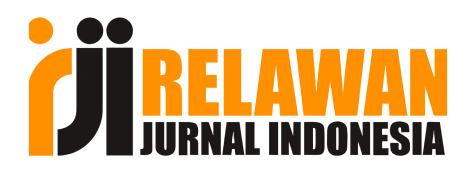The effect of religiusity, income, transparency and digitalization on millenial compliance paying zakat in LAZ DKI Jakarta
Abstract
The research investigates how religiosity, income, transparency, and digitalization affect the compliance of millennials in paying zakat in LAZ DKI Jakarta. The data was gathered from 160 DKI Jakarta residents who practice Islam, selected through convenience sampling. Primary data was collected through online surveys distributed via Google Forms. The data analysis involved descriptive statistics and multiple linear regression. The results show that higher levels of religiosity and digital advancement have a positive impact on millennial zakat compliance. In contrast, income and transparency do not appear to influence compliance, suggesting that millennials prioritize zakat payment based on beliefs rather than financial status or the audit status of zakat institutions. The study recommends improving zakat literacy among DKI Jakarta residents to enhance their understanding and awareness of zakat responsibilities.
Public interest statements
The paper is highly relevant to the general public as it addresses the issue of zakat, which can provide social and economic benefits to the community. The research findings can serve as a valuable reference for the government and related institutions to optimize zakat as a tool for poverty alleviation and to enhance public understanding of its importance.
Article History
Received 12/15/2023 | Final revised 3/6/2024 | Accepted 3/29/2024 | Online First 4/30/2024
Downloads
Copyright (c) 2024 Faris Faruqi, Nisa Noviyanti, Nursanita Nasution

This work is licensed under a Creative Commons Attribution 4.0 International License.








